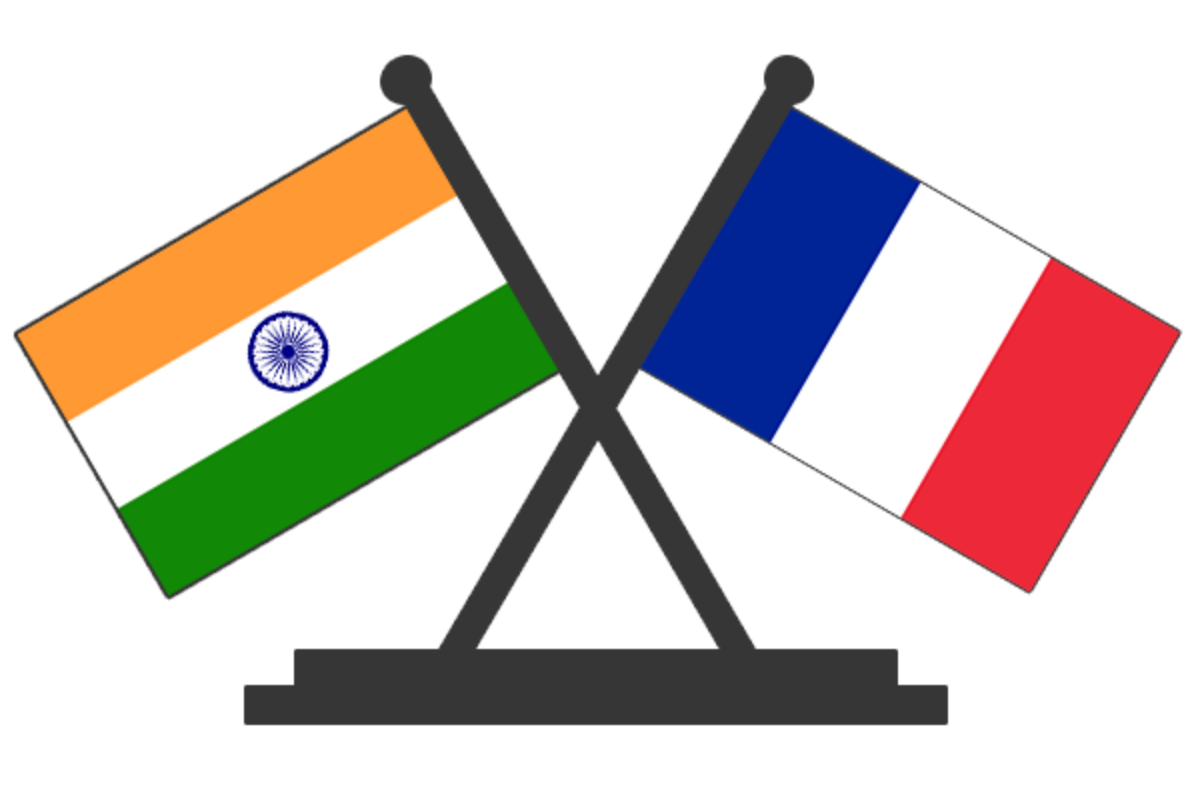Jobs Challenge
The wealth of a nation lies in its people, and in India, 1.4 billion aspirations drive the country's progress.
The flux in the contemporary geopolitical situation is testing the closest of bilateral relationships between nations, and there are few stronger than those between India and France. The strategic partnership between the two countries has been deepened in several key areas from defence to education, climate, energy, digitalisation and technical collaboration.

Source: India TIES
The flux in the contemporary geopolitical situation is testing the closest of bilateral relationships between nations, and there are few stronger than those between India and France. But, as a recent article by Manjeet Kripalani, Executive Director, Gateway House, and John Seaman, Fellow, Centre for Asian Studies, IFRI, Paris, underlined, the strength and trust of Indo-French ties was evident during the visit earlier this month of Prime Minister Narendra Modi to Paris. The strategic partnership between the two countries has been deepened in several key areas from defence to education, climate, energy, digitalisation and technical collaboration.
Energy and digitalisation are thought to be the two areas with maximum potential for collaboration. But there is no getting away from the difficult questions ~ though touched upon during bilateral talks ~ raised by the Russian invasion of Ukraine and the deteriorating security situation in the Indo-Pacific brought about by Chinese actions which impact both India
and France.
Advertisement
While it is correct that both India and France believe in maintaining strategic autonomy and have a shared understanding of global risks across geographies, New Delhi may not have fully factored into its strategic calculus the results of the recent French presidential election. While the April poll saw President Emmanuel Macron being re-elected on what experts have called his “unique brand of centrism”, or as others put it his desire to be all things to all people, his far-right turned centre-right rival Marine Le Pen ran him relatively close. Compared to the 2017 election, the gap between them has nar-
rowed significantly. Mr Macron received 18.8 million votes this year,
two million less than in 2017, while Ms Le Pen garnered 13.3 million, two million more than five years earlier. Clearly, Ms Le Pen’s brand of nationalist populism is gaining traction in France and has become a mainstream narrative which is no longer restricted to the fringe. Even though she lost the election, the party she leads has gained critical mass so her opinion on France’s foreign policy cannot be ignored.
Advertisement
So, what could that do for Paris’ stand on the major global issues of the day, and what should New Delhi do to ensure the India-France alignment stays unimpaired by French domestic politics? For starters, India’s neutral stance on Ukraine with a clear articulation of its preference for negotiations to end the conflict needs to be maintained.
Ms Le Pen is far more willing to see both sides of the story, unlike Mr Macron who has gone along with the European Union-USA consensus on Russia as the sole villain. By standing robustly against China’s global hegemonic ambitions and taking a hard line ~ which must be sans bigotry ~ on Islamist fundamentalism which respects no national boundaries, India may well be on the right track. The French are coming around to this position too, as Ms Le Pen’s electoral gains and President Macron’s resistance to the loony end of the multiculturalist agenda show. This bodes well for the bilateral relationship.
Advertisement